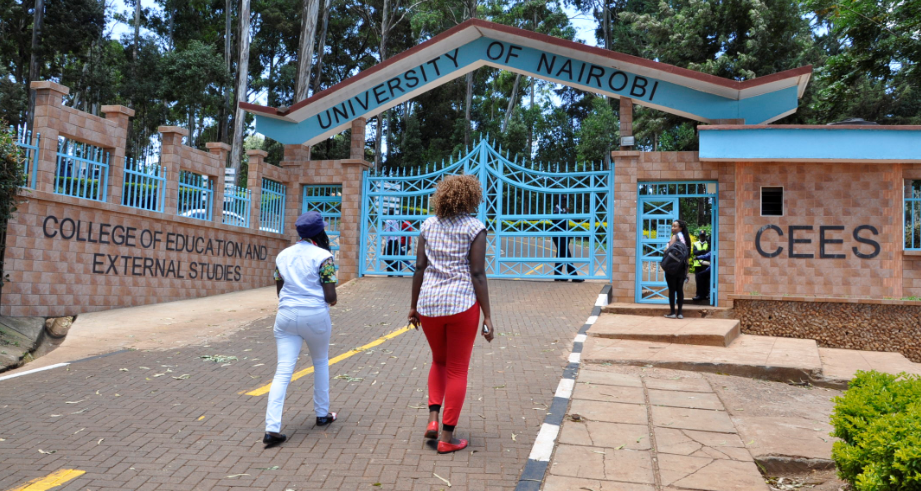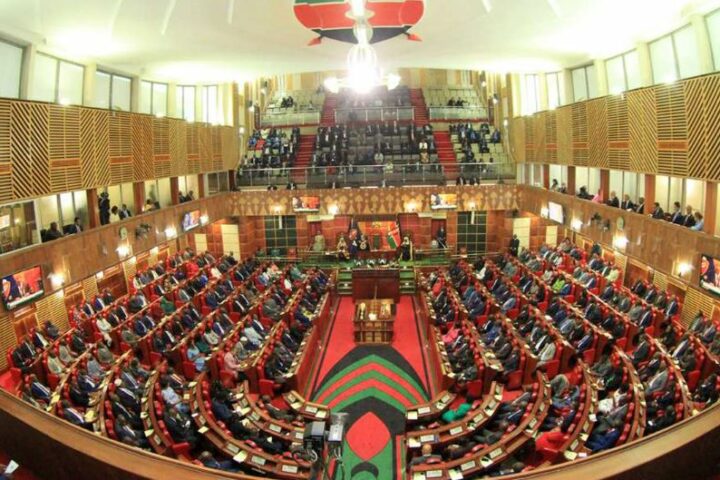 L’Autorité Nationale des Jeux (ANJ), France’s gambling regulator, has reported a dramatic decline in sports betting advertising since June 2020, when it took over regulatory responsibilities for the French gambling market.
L’Autorité Nationale des Jeux (ANJ), France’s gambling regulator, has reported a dramatic decline in sports betting advertising since June 2020, when it took over regulatory responsibilities for the French gambling market.
This report serves to highlight the positive steps that the country is taking to combat problem gambling.
France’s recent efforts to limit World Cup betting promotions were highly effective, as France’s licensed operators in the country followed the regulators’ directives to increase community awareness of the risks of compulsive gambling.
The Formation Of ANJ
The Autorité Nationale des Jeux (ANJ) was established to replace the Autorité de Régulation des Jeux en Ligne (ARJEL) as part of a comprehensive revamp of France’s gambling sector.
ANJ has been given the mandate to regulate both online and land-based gambling operations, and it has already proven its capability to do so.
The ANJ’s purpose is to guarantee that gambling activities in France are conducted in an honest and transparent manner while safeguarding the interests of consumers and forestalling problem gambling. Since it was formed, the ANJ has adopted a more purposeful approach to regulating the gambling sector.
In particular, it has been stringent on promotional and advertising activities that could be perceived as stimulating excessive or problem gambling.
This includes banning gambling ads during live sports broadcasts and curtailing the amount of advertising that can be broadcast during certain time intervals on any TV channel.
Promising Figures after the World Cup
The ANJ’s efforts to reduce gambling advertising have had a major impact, with the latest report showing that the number of gambling ads in France has dropped by a substantial 23%.
This is particularly noteworthy considering the high levels of gambling advertising in the French media in recent years. The ANJ’s ban on gambling ads during live sports broadcasts has been especially effective, with a 39% decrease in the number of gambling ads during these broadcasts.
This is an important step forward, as research has demonstrated that exposure to gambling advertising during sports events can lead to an increased risk of problem gambling among viewers.
Estimates show that the World Cup generated an astonishing €597 million in stakes, a 58% increase from the 2018 World Cup.
The interest from French punters was especially high as France made it to the final. Despite this, only 177,000 new betting accounts were opened during the tournament, compared to 230,000 for the 2018 World Cup.
The final game alone saw €51 million in wagers, a significant jump from the France vs Croatia World Cup final in 2018. Altogether, 54 million bets were placed in France, with the 18-24 age segment dominating the market at 54%.
This indicates a healthy and vibrant French sports betting environment.
Measures Taken before the Final Tournament
Prior to the start of the World Cup, ANJ issued an ultimatum to the country’s licensed operators to present action plans for marketing in order to monitor and regulate their activities, aiming to eliminate the excessive advertising which was seen during EURO 2020.
To this end, the regulator collaborated with ARCOM and ARPP on the “four commitment charter” initiative.
This saw the Audiovisual Communication Regulatory Authority establish new rules for gambling operators, while France’s Professional Advertising Regulatory Authority focused on betting advertisement away from audiovisual mediums, resulting in a substantial decrease in public betting advertising in places such as train stations, metros, and near educational institutions.
To ensure the successful implementation of the new policies, ANJ formed the Digital Alliance, consisting of licensed operators and advertising professionals, to monitor digital advertising and ensure adherence to the rules.
Controlling Online Betting Advertisement
TV and public spaces are just a small part of the overall betting advertisement environment. The internet remains the biggest advertisement space out there and one of the vital challenges for regulating the market.
By introducing stricter rules around the use of pop-up ads and other promotional materials that could be seen as overly aggressive, the ANJ slowly started to take control.
Furthermore, they also introduced new requirements for online gambling operators, including the requirement to display warning messages about the risks of problem gambling on their websites.
Isabelle Falque-Pierrotin, the President of ANJ, added that the regulatory mechanism set up by the French regulator before the World Cup was vital in maintaining control over advertising pressure and gave the needed tools to keep everything within limits.
She also added that the operators generally played along, which was a big step forward.
However, this is not the end of ANJ’s plans to strengthen the supervision of gambling advertising.
Final Thoughts
ANJ has taken several successful steps to limit the effects of problem gambling by restricting gambling advertisements, particularly those during live sports broadcasts.
The regulator has also implemented a number of rules and regulations to ensure that online operators adhere to the new advertising standards.
These efforts have proven successful, with the number of gambling ads declining substantially and the World Cup generating a significant amount of bets without an associated increase in problem gambling.
The ANJ’s efforts to protect the interests of consumers are to be commended.








